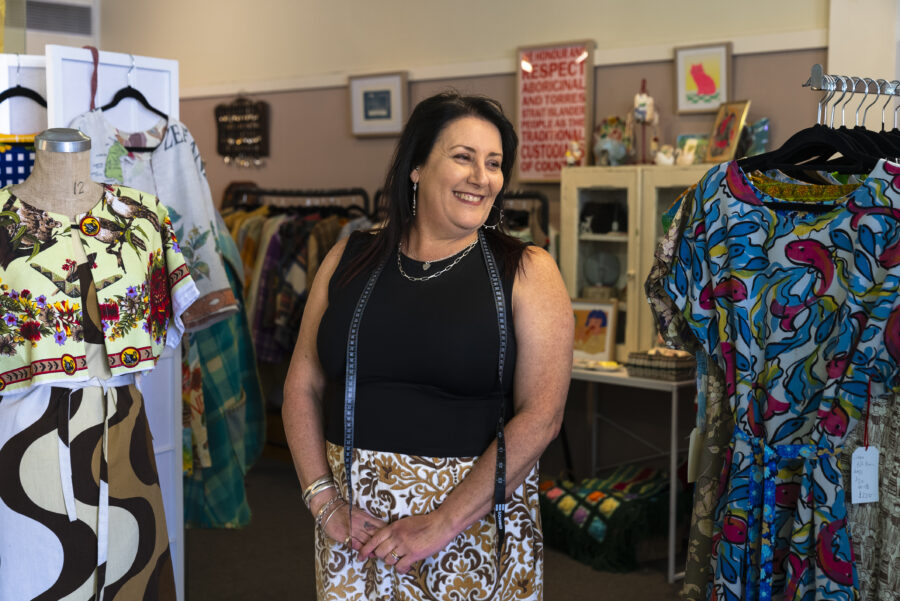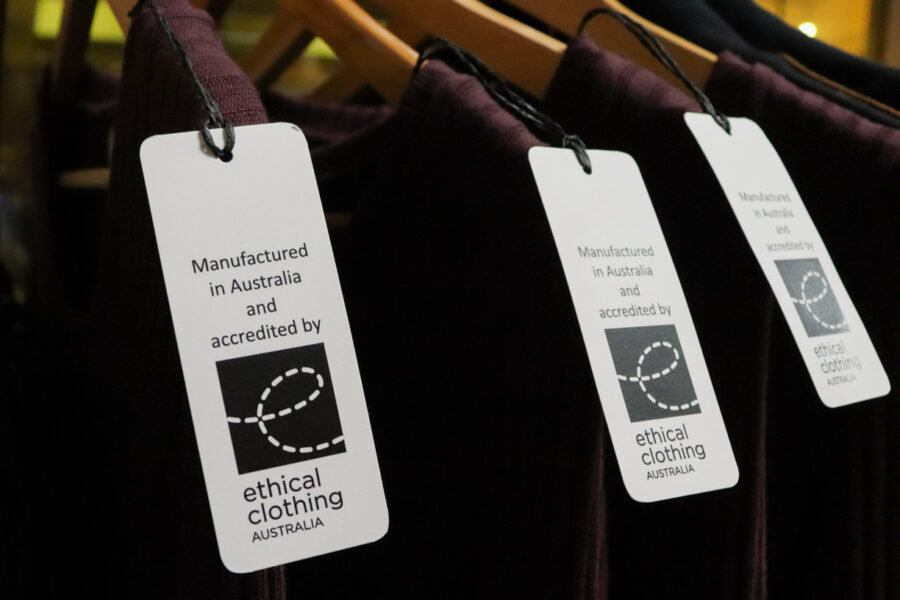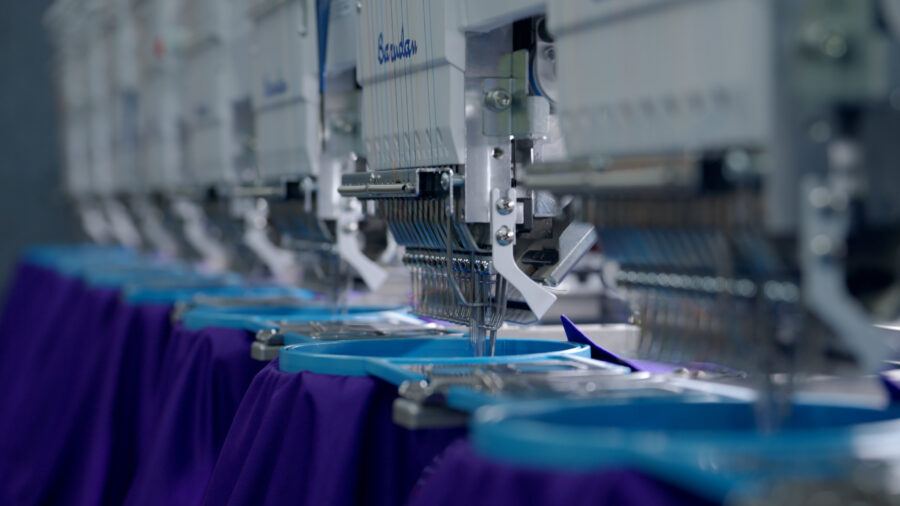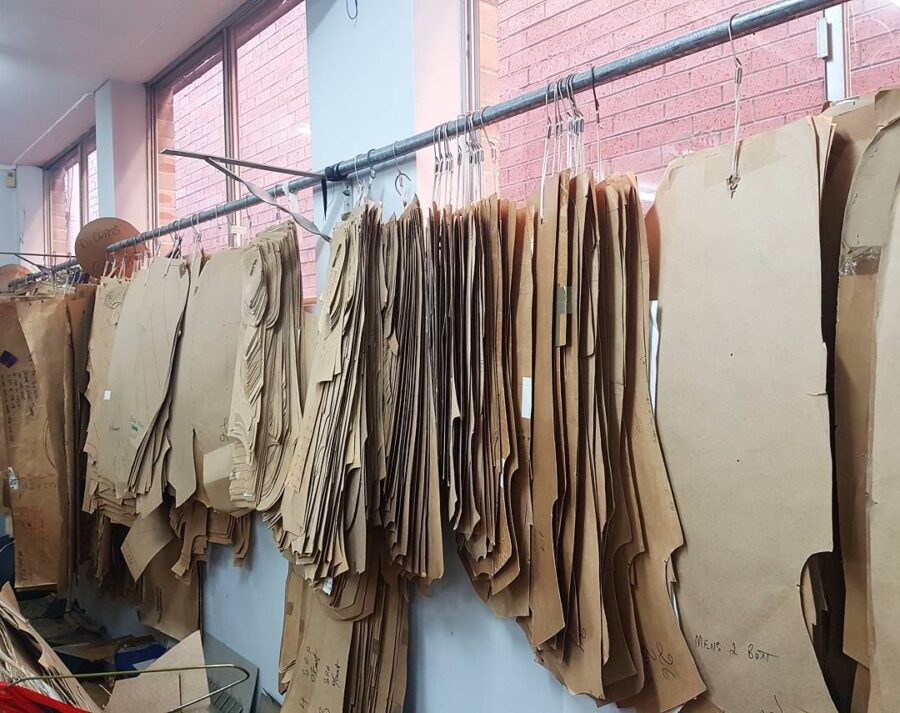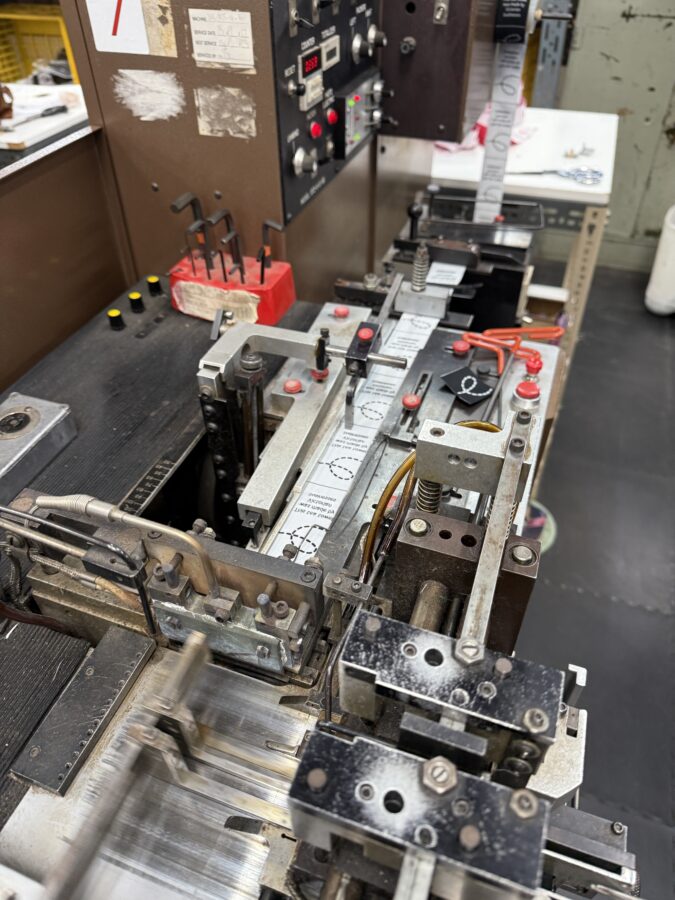Ethical Manufacturing Matters: Rembrandt Imagewear

Accredited since 2024, Rembrandt Imagewear is a family-owned business that has been crafting quality clothing and neckwear for over six decades.
Their journey began with a commitment to preserving local manufacturing traditions, and today they proudly stand as one of the last two remaining manufacturers of neckwear in Australia. They also specialise in manufacturing special occasion items like neckties, vests, epaulettes, cummerbunds, as well as seniors and leavers apparel.
As part of our Ethical Manufacturing Matters series, we spoke to Erin Donald, Manager at Rembrandt Imagewear, about what it means to be accredited, the benefits of working with local and ethical manufacturers, and why Australian made still matters.
What does it mean to be accredited by Ethical Clothing Australia?
For us, it’s about proving what we’ve always done. Making sure people who sew our garments are paid properly, work in safe conditions, and are treated fairly. It gives schools and parents peace of mind that their uniforms are genuinely made under fair conditions here in South Australia.
How has our accreditation transformed the way you operate?
We’ve always run things ethically, but an Ethical Clothing Australia accreditation made it official. It’s made us tighten up a few processes, like how we choose who we work with and use as suppliers, which is a good thing. We make sure our values are aligned. It also gives our customers visible proof that we’re not just saying “ethical” as a buzzword – it’s checked and verified.
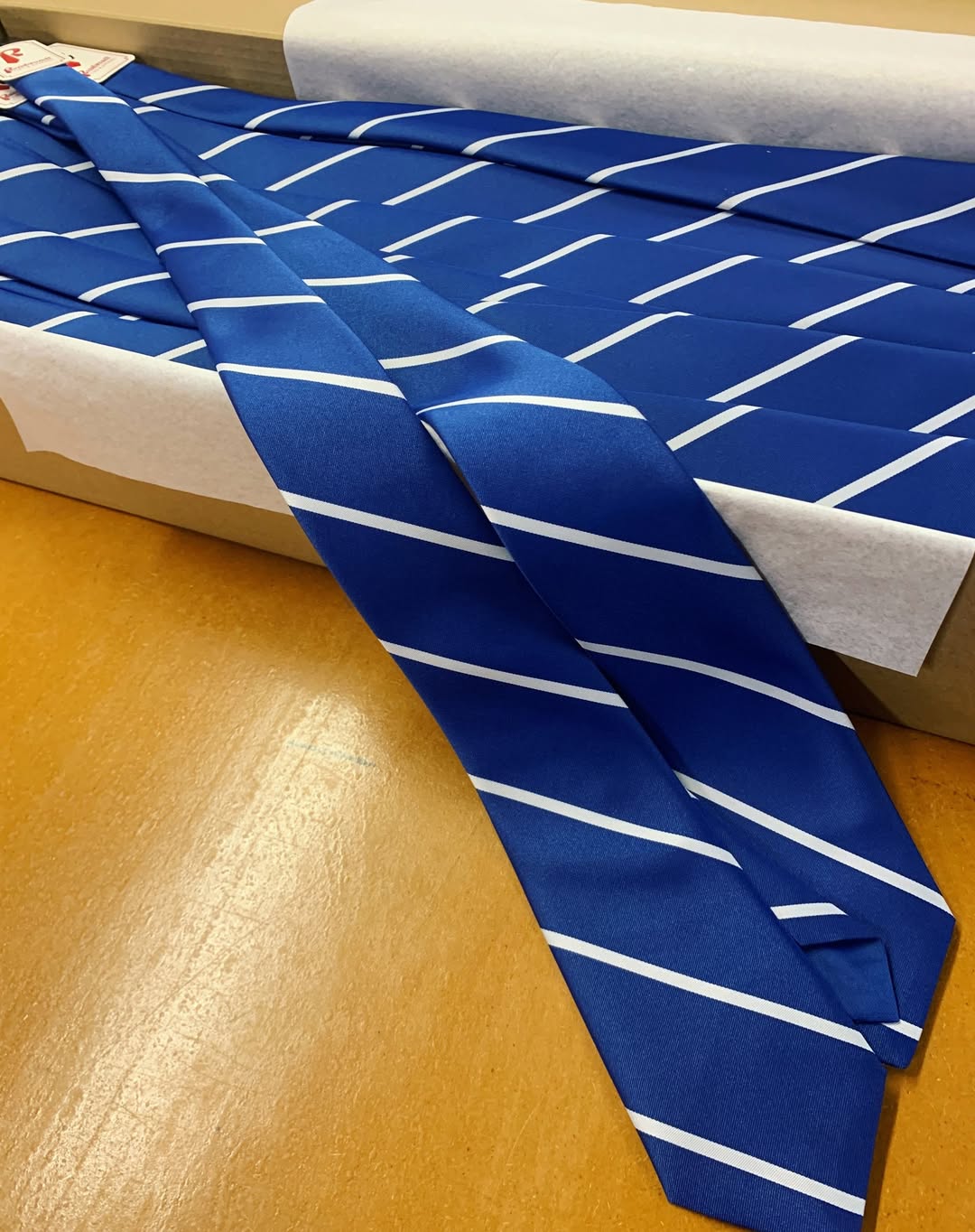
You’re one of the last two remaining neckwear manufacturers in Australia and the last one in South Australia, what are some of the challenges you face?
Schoolwear, especially neckties, is still a big part of what we do. What makes it tough is seeing more schools shift to big interstate companies that import. It’s frustrating, because the option for Australian-made is right here and often at a competitive price for a better-quality, locally sourced product. Some of our competitors understand the importance of manufacturing locally and source directly from us, we all work together to prop each other up.
Everyone loves the idea of Aussie-made, but most don’t want to pay for it. We’re so proud of what we create every day in Brompton and the products that come out. We are lucky to be in a country that supports our workers and their rights.
We’re proud of what comes out of our Brompton factory every day. But without more support for local makers, schools risk losing the option of Australian-made altogether. One day local manufacturing will be more important than ever and sadly for some manufacturers it will be too late.
What are some of the benefits for schools when it comes to local and ethical manufacturing?
You get better quality, faster turnaround, and the peace of mind that comes with knowing your uniforms are made by happy staff under fair conditions right here in South Australia. Plus, because we make them ourselves, we can handle fixes or alterations quickly, so those last-minute changes aren’t a big drama.
What impact does local and ethical manufacturing have on people, your business, and the industry at large?
It keeps skills and jobs alive in S.A and shows that real manufacturing still exists here. The sad part is there’s not enough support to prop up businesses like ours. We’ve been around for 60+ years and once we’re all gone it’s harder to start up again from scratch.
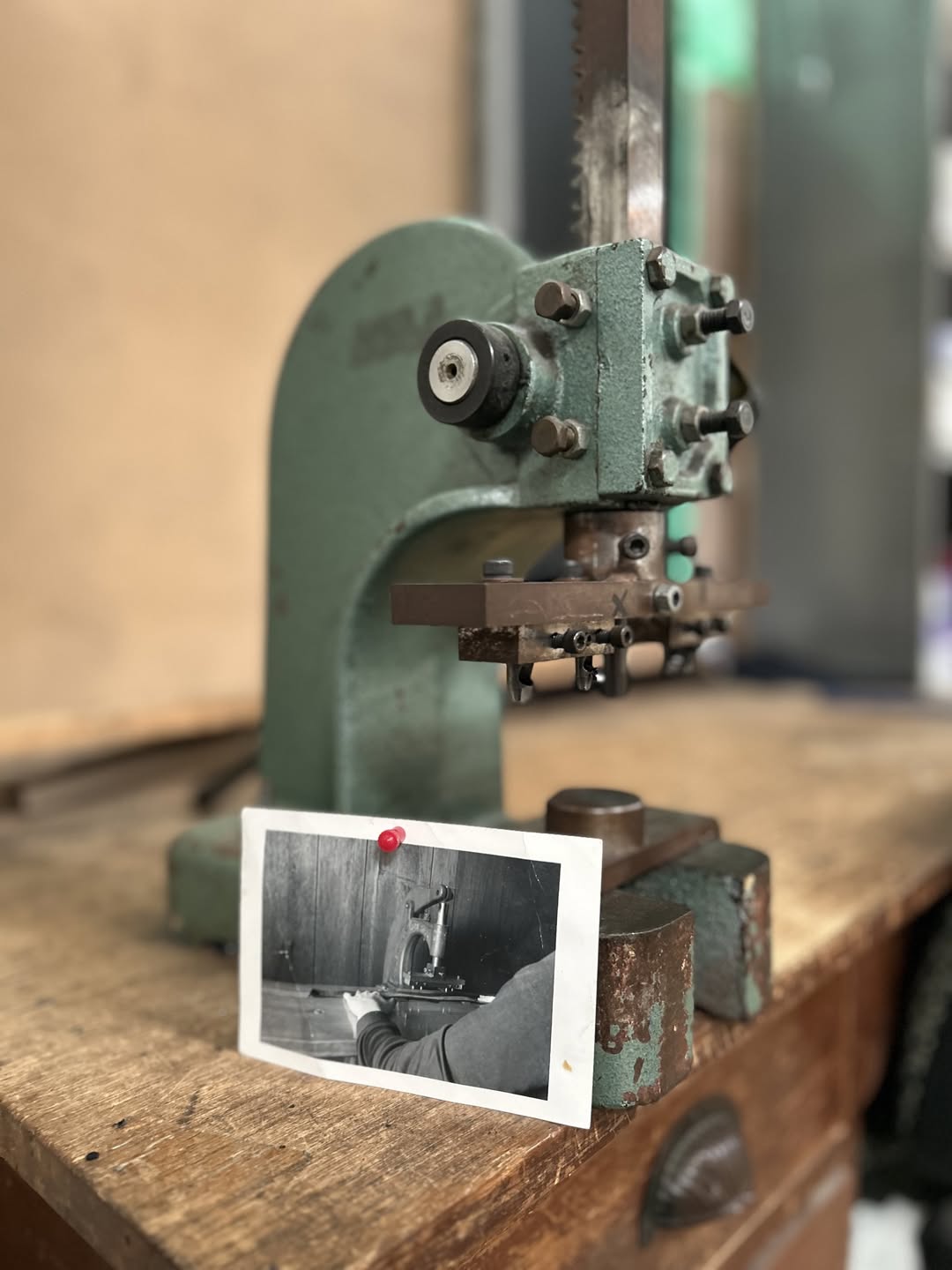
What innovations are you implementing to improve efficiency while maintaining ethical standards?
We’re always finding ways to make the factory run smarter without losing the hands-on quality we’re known for. Recently we moved into a brighter, more energy efficient warehouse to improve workflow and lift staff morale. At the end of the day, it’s still about our team in Brompton — we’d rather keep things local and done right than take shortcuts overseas.
Discover more ethical manufacturers like Rembrandt Imagewear here.
Related articles
Explore more insights, updates and stories from across Australia’s ethical and local manufacturing industry.



